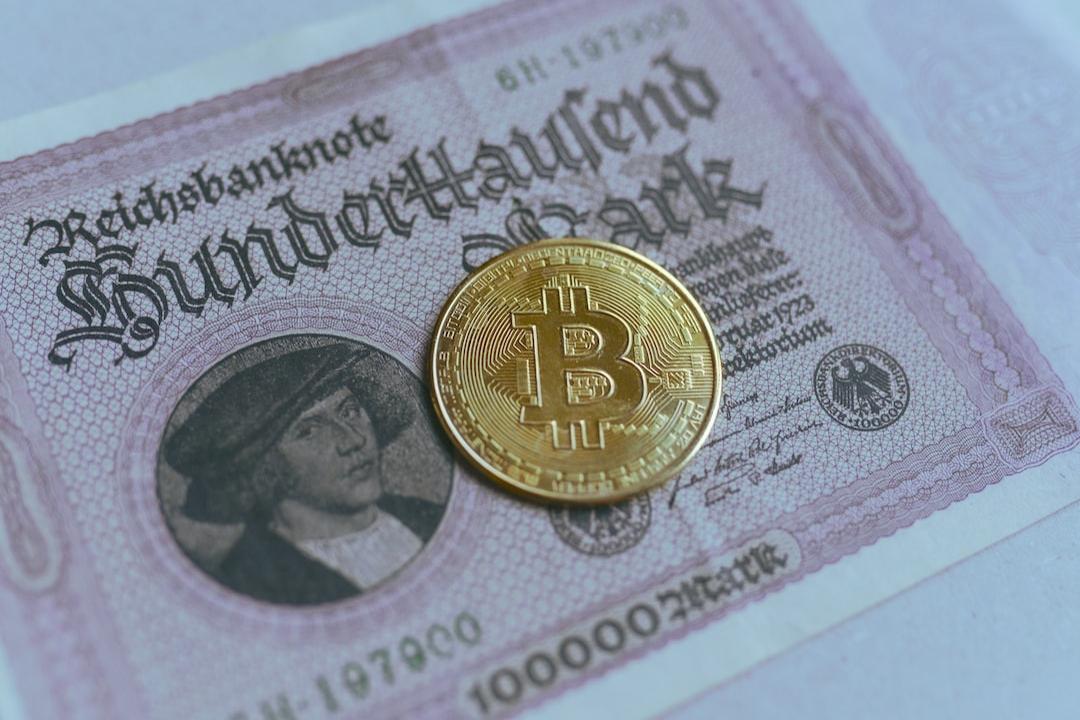The digital landscape is on the brink of a revolution. Blockchain technology, cryptocurrencies, and non-fungible tokens (NFTs) are fundamentally changing how we interact with the online world. This transformation is particularly evident in the gaming industry, where NFT gaming is gaining momentum. However, the implications of these advancements go beyond games and have the potential to influence the development of Artificial General Intelligence (AGI) and shape the future web, known as Web3.
NFT gaming introduces a paradigm shift in the traditional gaming model. Unlike conventional games where players spend money on in-game items they don’t truly own, NFT games leverage blockchain technology to create verifiable ownership of digital assets. These assets, represented by NFTs, can range from virtual weapons to in-game plots of land.
This ownership paradigm opens up exciting possibilities for players. They can truly own their virtual assets, freely trade them with other players, and potentially profit from their in-game achievements. The play-to-earn model, where players can earn cryptocurrency or NFTs through gameplay, is a growing trend in NFT gaming.
However, NFT gaming also faces challenges. The nascent stage of the technology leads to issues like market volatility, security vulnerabilities, and environmental concerns. Additionally, the integration of NFTs into existing games can feel forced or inauthentic, raising concerns about potential exploitation and manipulation.
NFT gaming is powering the future of gaming with a combination of crypto, AGI, and Web3. It offers true ownership of digital assets, scarcity and rarity that fuel value, interoperability between games, play-to-earn opportunities, democratized game development, and the integration of AGI companions within NFT-based games. These advancements create immersive, engaging, and player-centric gaming experiences.
Web3, the decentralized future of the internet built on blockchain technology, is the perfect environment for NFT gaming to thrive. It enables decentralized ownership and governance, player-driven economies, interoperable game worlds, democratized game development, transparency, and trust. Challenges such as scalability and user-friendly interfaces need to be addressed for Web3 to reach its full potential.
In conclusion, NFT gaming, fueled by crypto, AGI, and Web3, is revolutionizing the gaming industry. It empowers players, blurs the lines between games and economies, and creates a future where virtual worlds feel more real than ever before. Though challenges exist, the potential rewards are immense. NFT gaming offers a future where players are empowered, communities thrive, and virtual worlds become more immersive and dynamic. The future of play is bright, and the possibilities are limitless.



